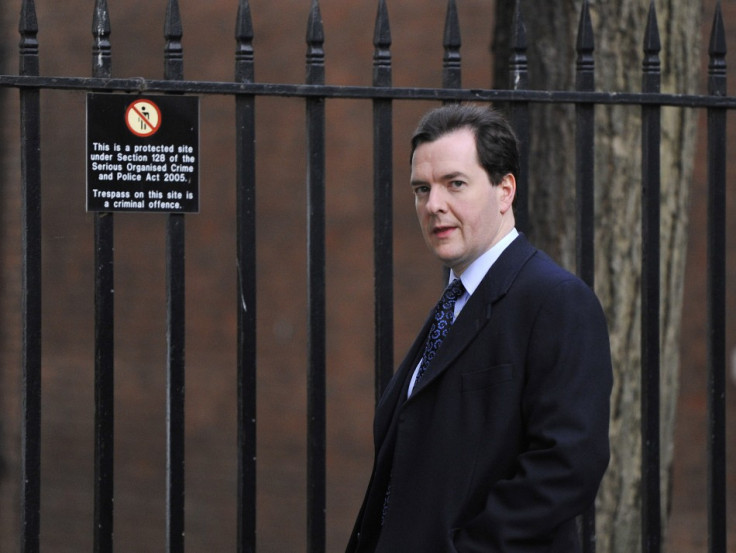Banking Reform: George Osborne to Adopt Vickers' Report Despite Warnings

The Chancellor of the Exchequer, George Osborne, will press ahead with controversial plans to shake up the banking industry despite warnings that it could harm the economy.
Mr Osbourne is set to adopt the recommendations from the Vickers' Report, which means that banks will no longer be able to use consumer deposits for their investment arms - an issue that many blamed for the credit crisis in 2008.
The plans have caused concern for financial analysts, who say it could cost the sector up to £7 billion. It may also lead to several banks, including HSBC, relocating to other jurisdictions where they would be at greater liberty to use deposits from retail operations in their investment banking activities.
But the Business Secretary, Vince Cable, said: "We have accepted the recommendations of the commission.
"It is absolutely right that we make the British economy safe. We just cannot risk a repetition of the financial catastrophe we had three years ago.
"Big structural reform of the banks was something we (Liberal Democrats) fought for and argued for and now it is going to happen."
Labour's financial secretary, Chris Leslie, also warned the government to "get on and legislate the plans rapidly".
He said: "There must be no foot dragging and no watering down of these reforms. That is why the independent commission should be asked to publish a report in 12 months on what progress has been made in implementing and legislating for these reforms."
Mr Osborne will make a statement to MPs after the Treasury has published a detailed response to the Independent Commission on Banking (ICB) report, which includes plans to force banks to hold more capital to help ring-fence them against future crises.
He is expected to pledge to enact all primary and secondary legislation stemming from the report by the end of the current Parliament, with a white paper expected next year, according to newspaper reports. The reforms should be in place by 2019.
The Chancellor has come under pressure from some bankers to water down the proposals.
Opponents claim they are unnecessary and could lead to higher costs for customers.
The Treasury is expected to confirm the ICB's estimate that the plans could cost banks between £4 billion and £7 billion, although industry sources have claimed the true cost could be as high as £12 billion.
The Treasury's report is not expected to go as far as to spell out exactly how the ring-fencing will work in practice and will leave the details to regulators.
The ICB, chaired by Sir John Vickers, former head of the Office of Fair Trading, was set up last year by the coalition Government to conduct a full review of the banking sector after the financial crisis left banks, including the Royal Bank of Scotland and Lloyds, needing bailouts.
© Copyright IBTimes 2025. All rights reserved.





















